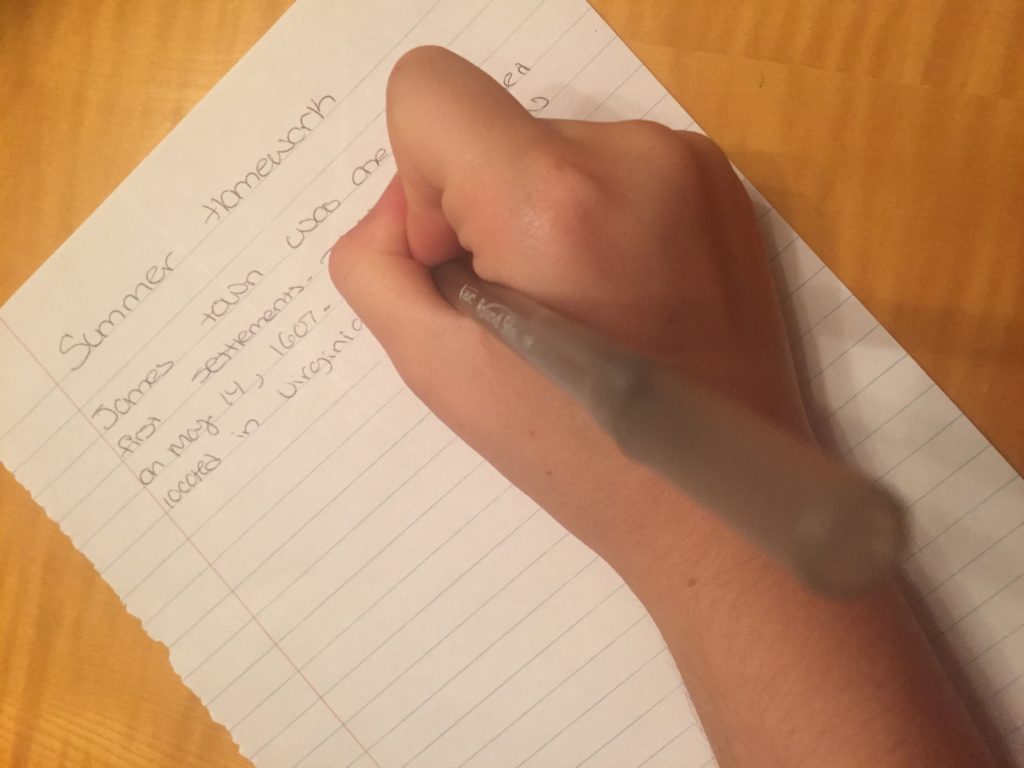by Elizabeth Kushner
As part of his summer homework, Lance Miguel was assigned to read “To Kill a Mockingbird.” He had completed the assignment by the end of July. That’s a big difference from last year when Miguel, 15, struggled to finish his summer homework up the week before school started.
For some of his peers in Ditmas Park, this type of diligence with summer homework is a mystery. Procrastination is the word on Cortelyou when it comes to this disliked summer tradition. As a result, some teens spend the last days of summer cramming to read books and write essays instead of lounging in Prospect Park.
This behavior is all too familiar to John Evans, 16. He is suppose to read “Lord of the the Flies” for English class and write two essays for Advance Placement U.S. history . The assignments have been sitting on his desk since June 26. As of mid-August, his homework was not completed. He blames his laziness for the undone work.
Summer travel schedules also hold students up. Sarah Edwards, 17, has assignments that been sitting in her backpack since June. “I have not started my summer homework,” she said. “I have been traveling with my family for the past month in Europe.” Edwards said that she has “many other trips” planned for the summer so she doesn’t know when she is going to complete the work before school starts on September 7.
The delaying of unpleasant activities is not unusual for teens. Up to 90 percent of college students procrastinate because of habits that were created in high school, according to a 2014 research by American Psychological Association.
The consequence of procrastination is not enough for Jane Smith to change her habits. She typically gets low grades on her work because she rushes in completing it. “The solution is time management for completing summer homework,” said Smith, 15. “For instance I created a schedule for everyday to make sure I leave 25 minutes for my summer homework.”
This does not work for Evans. He doesn’t think summer should be spent doing homework, but it’s a concept he is willing to consider. “I will try not to postpone my summer homework any more,” he said. “I doubt it will work, but it does not hurt to try, right?”
 Photo by Elizabeth Kushner
Photo by Elizabeth Kushner